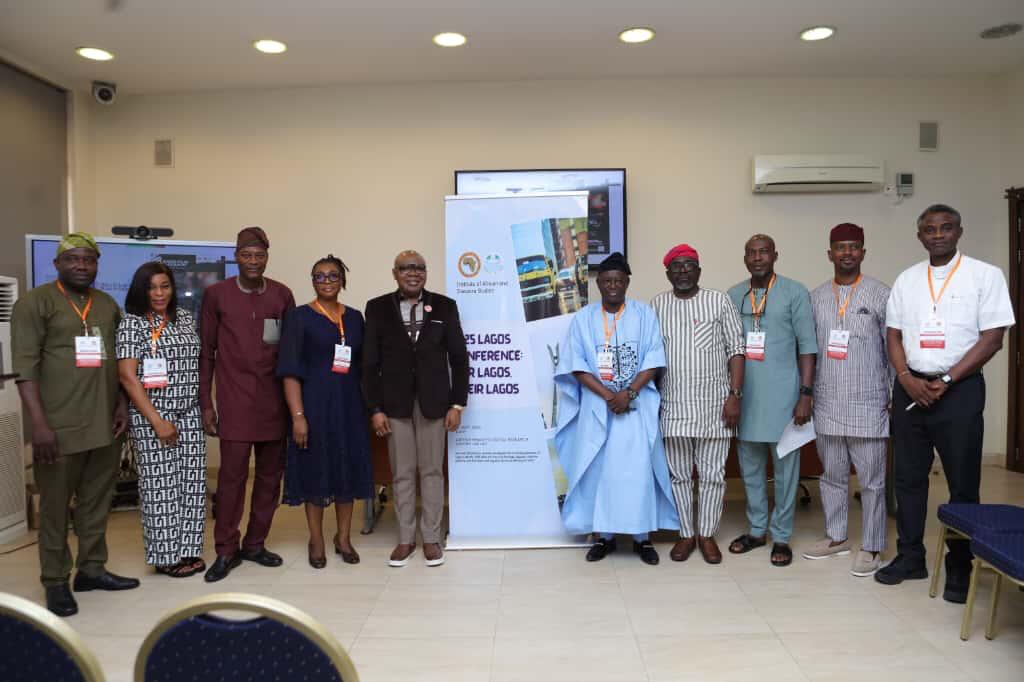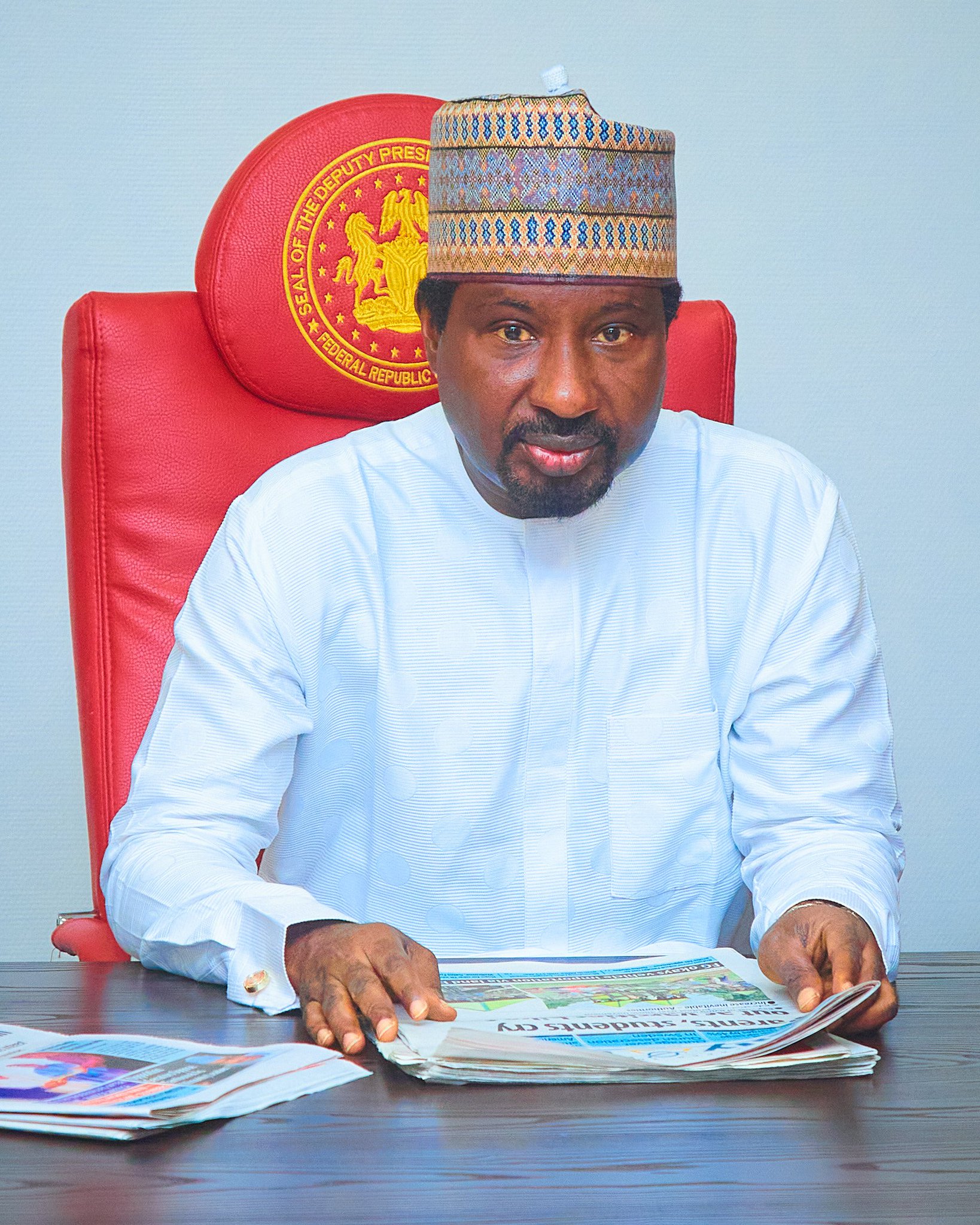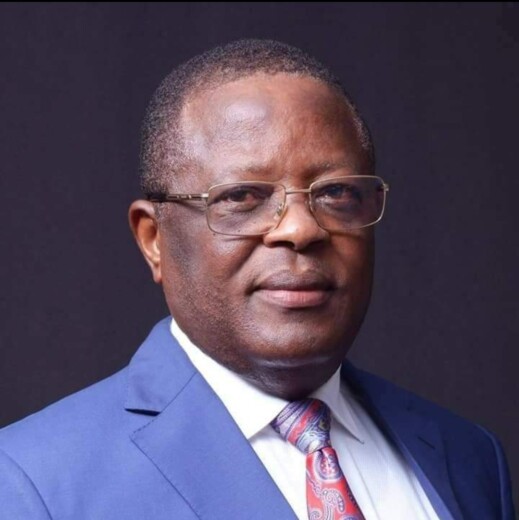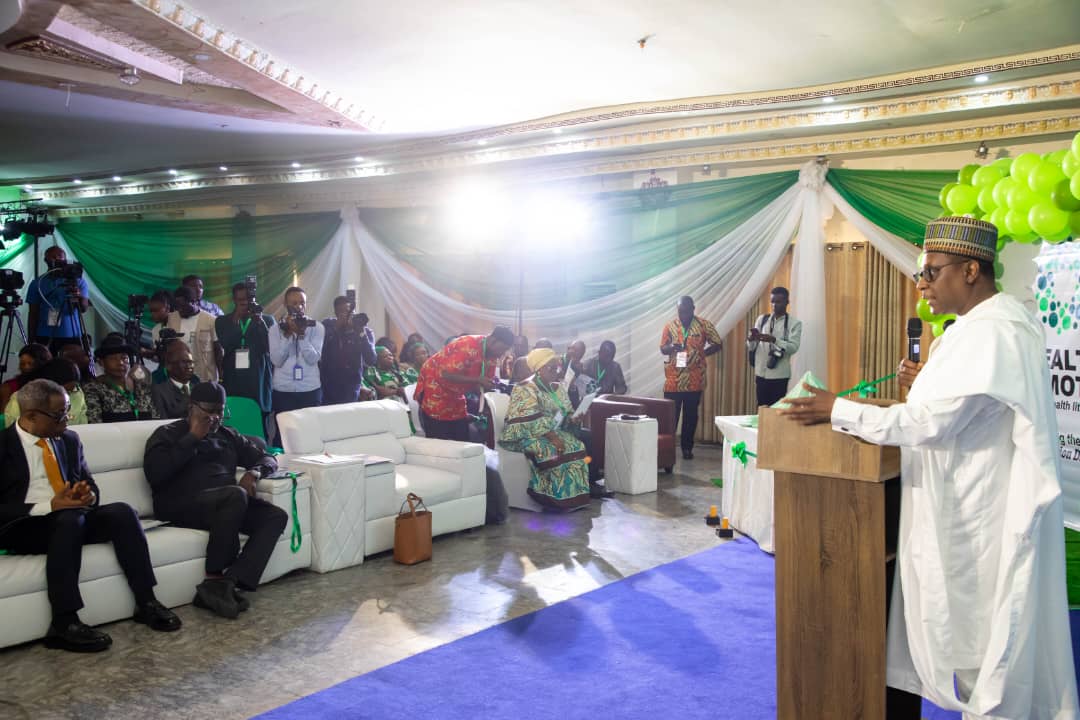Stakeholders brainstorm to uncover Lagos uniqueness

Prof. Siyan Oyeweso, Pro Chancellor and Chairman of Council, Obafemi Awolowo University Ile Ife in Osun, has described the city of Lagos, as both indigene-rooted and cosmopolitan, where history and modernity converge.
Oyeweso, one of the keynote speakers, stated this at the opening of a three-day conference organised by the Institute of Africa and Diaspora Studies (IADS) of the University of Lagos on Thursday.
The theme of the conference is: Our Lagos, their Lagos.
Presenting his keynote address titled: Historical Lagos; Nexus between Indigeneity and Citizenship in a Megacity, the don said the conference which aims at historicising Lagos, will create a platform to appreciate the intricate relationship between indigeneity and citizenship.
Oyeweso who was represented by Bashiru Animashaun, Prof. of History, Lagos State University, noted that Lagos had served as a melting pot, where various ethnicities converge, with each, contributing to the city’s rich cultural landscape.
He added that Lagos indigenous organisations had consistently remonstrated the seemingly irresistible domination from the migrants, over many of the affairs of Lagos, including politics, land and urban space, markets and other commercial spaces, housing and many others.
He noted that the continuous influx of migrants had also been attended with certain cultural negotiations, with indigenous traditions co-existing with cosmopolitan culture, including Afrobeats, Nollywood and nightlife.
“The result is the birth of a hybrid city identity, that is constantly redefined by the interplay of local traditions and global influences.
“However, as we delve into this theme, it is essential to recognise that Lagos is not merely a city of concrete and steel; it is a living tapestry woven from the threads of diverse cultures, histories and identities.
“The Yoruba, the Ibo, the Hausa, and countless other groups have left indelible marks on the city.
“The versatility of the region has continued to attract migrants and settlers from the nooks and crannies of Nigeria and other parts of the world, making it to evolve as a multi-ethnic, multi-lingua and multi-religion society,” he said.
Oyeweso noted that the nexus between ‘indigeneity and citizenship in a mega city like Lagos, a sprawling metropolis and Nigeria’s economic powerhouse, presented a unique case study that intertwined history, culture and the complexities of modern citizenship.
According to him, Lagos is not only Nigeria’s economic hub, it is the most populous African city, which once doubled as the administrative and commercial capital of Nigeria, with the Gross Domestic Product (GDP) of about N55 trillion in 2024 .
He noted that this figure was projected to increase to N67 trillion by the end of 2025.
“It has remained Africa’s second largest economy with outstanding performances and contributions from the service, trade, and manufacturing sectors.
“It is the home of the informal sector of the country’s economy, where every inhabitant is economically engaged regardless.
“Lagos alone contributes about thirty percent of Nigeria’s gross domestic product and accommodates more than ten percent of the country’s population.
“The ever-increasing population is predominated by an avalanche of resourceful and youthful people of diverse ethno-religion, socio-cultural, politico-economic and geographical backgrounds.
“Through collaboration, dialogue and an unwavering commitment to social justice, we can ensure that Lagos continues to thrive as a city that celebrates both its indigenous roots and the vibrant tapestry of its citizens,” he said.
He noted that as Lagos positions itself as a global city, noting that the interplay between the local traditions and global influences created a dynamic environment.
“This is a space where the past meets the present, where history informs modern identity and where the challenge of inclusivity remains paramount.
The pro chancellor noted that the nucleus of the burgeoning population was the indigenous people who were the living generations of the first known inhabitant of the region.
According to him, though the constitution of Nigeria, like many other countries of the world, recognises citizenship, it remains incontestable that there are indigenous Lagosians whose ancestors have always occupied the region.
Interrogating what it meant to be an “indigenous” person in a megacity like Lagos, he noted that indigeneity often invoked notions of belonging, rootedness, and a deep connection to land and history.
According to him, in Lagos, indigenous residents may view themselves as the custodians of the city’s traditions and heritage, yet as urbanisation accelerates, the very essence of what it means to belong is challenged.
“The influx of migrants seeking opportunities can lead to tensions over resources, identity and representation.
“In this light, citizenship in Lagos becomes a multifaceted concept. It encompasses not only legal status but also cultural recognition and social inclusion.
“Citizenship here is often negotiated in the context of power dynamics, socioeconomic disparities and historical legacies.
“We see this reflected in the struggles for rights among various groups, the political representation of marginalised communities and the ongoing debates about who has the right to shape the city’s future.
“In fact, some ethnic groups (the Igbo in particular) have arrogated indegeneity of Lagos to themselves, not only because of their prolonged stay in the area, but acclaimed that their contribution to economic growth and development as well as urbanisation is sufficient to grant them the status.
“As we forge ahead, let us commit to fostering a city that honours its diverse histories, while embracing the complexities of its urban future,” he said
Earlier, Vice Chancellor of the university, Prof. Folasade Ogunsola lauded organizers of the conference, describing the theme as apt.
Ogunsola who was represented by Prof. Abraham Oshinubi said it was a beautiful thing to document Lagos, while likening the city to other global brands, such as Portugal.
She emphasised the need for researchers and paper presenters, to see Lagos as not just a city, but the intersection of all other African cities embedded in it.
On his part, the Director of the IADS, Prof. Ayo Yusuf described Lagos as a unique city.
The Research professor of Linguistics and Language Engineering of UNILAG, noted that the need to interrogate what Lagos truly is, is what informed the conference.
“Today we are having a conference on Lagos. This is the apex of what we have been doing on Lagos all along.
“We have looked at Lagos from the identity, cultural and from geographical perspectives. So, we are bringing all of those together in this conference. We are bringing scholars, thinkers, even students to talk about Lagos, because the city is alive,” he said.
The don noted that plans were underway to establish a centre for ‘Lagos Studies’.
“After the conference, we hope to have a centre where Lagos Studies can be situated properly and then we can start to bring in experts to talk about the city.
“It is going to be a centre within the IADS and as a centre, it will have a coordinator and so, we will be able to archive materials there, such that when researchers come to Nigeria, they have places to visit, gather knowledge and people to talk to, aside seeking such from government sources or else where.
“They will have intellectual hubs to relate with,” he said.
According to him, Lagos remain the only city in Africa with people from around the continent having their respective settlements.
He said: You have Beninois, the Togolese, Cameroonians, Ghanaians and others with their settlements here and you may want to ask we do not have same In Accra, Monrovia and other African cities.
He noted that it is time to uncover what makes Lagos a centre of attraction to not just Africans but also outside the continent.
According to Prof Yusuf, even within the country, there are settlements of various tribes- the Ebira in Agege, Abule Egba by the Egbas and Somolu by the ijebus, among others.
He noted that all of these, told a story or gave an idea that Lagos is a unique place that needed to be studied.
According to him, Lagos, even as a former capital of Nigeria, remains robust adding that same cannot be said of some other cities around Africa and beyond.
Abisoye, Eleshin, Research Fellow IADS, said the conference, the first of its kind, was aimed at bringing all stakeholders to dig deep into uncovering what makes the city what it is and how to move it to greater heights.
“We will ofcourse be interrogating issues that borders around the city called Lagos and see how we can further benefit from it as a people, residents and citizens alike.
READ ALSO: Germany supports Lagos state to address climate change across Nigeria
Saudat Salami Launches Book, Inaugural Africa Ecommerce Summit to Shape Digital Trade Future
“The theme of the conference is so chosen because there are many sides to Lagos.
“There are divergent ways through which people look and perceive Lagos, so we are here to put all that together and see how it will further reposition the city and be proud to be part of it,” he said.
The conference had breakaway session for further deliberations.





